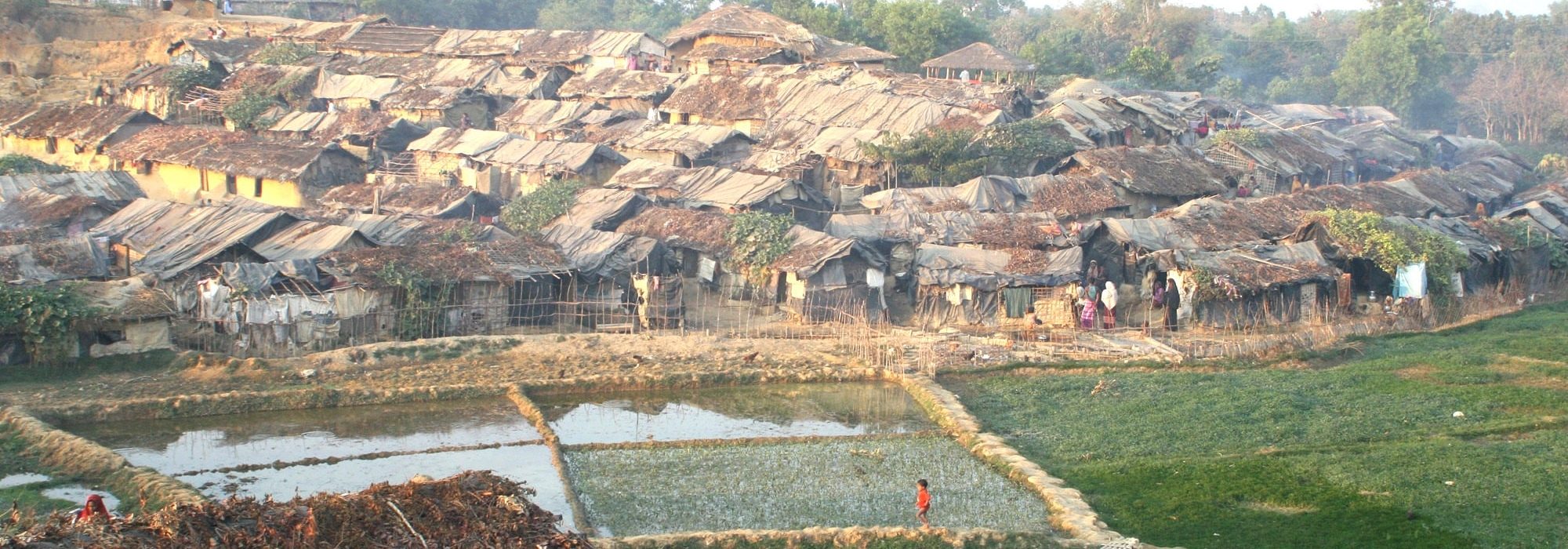With the 2022 United Nations Climate Change Conference, commonly known as COP27, underway in Eygpt, the NCHS is featuring a series of blogs from the DENx blog!
The DENx blog offers a platform for researchers and practitioners to explore the relationship between displaced people and the environment, as part of the ‘Prioritising Displacement-Environment Nexus: Refugee and IDP settlements as social-ecological systems’ (DENx) research project based at the Chr. Michelsen Institute (CMI).
Led by Anwesha Dutta (CMI), the DENx project investigates the linkages between livelihoods, landscape change and environmental health involving cases from the internally displaced persons (IDP) settlements in Afghanistan and Tibetan refugee settlements in India.
The DENx project team invites guest authors from academia and practice to write for the DENx blog. If you are interested in contributing, read more about the DENx call for contributions and blog guidelines (pdf).
In this blog, Mhari Gordon (PhD Student and Teaching Assistant, University College London, Institute for Risk and Disaster Reduction) questions the definition of traditional, indigenous, and local knowledge in relation to how refugees and IDPs interact with the environment and natural hazards in newly settled areas. Pointing out disaster response and coping strategies from different parts of the world, Gordon further examines the dynamics of how knowledge is acquired, increased, shared, and transferred. Read the full blog here.
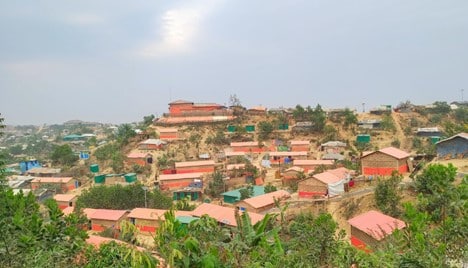
Kutupalong Refugee Camp, Cox’s Bazaar, Bangladesh. Source: SH Saw Myint/Unsplash.
In this blog, Cláudia Santos (PhD candidate, University of Lisbon) explores how rising sea levels and government inaction in the village of Djobel in Guinea-Bissau exacerbates the crisis of displacement and loss of family members, as well as access to clean and safe drinking water, health care, formal employment and education. The blog highlights the complexity of relying on coping mechanisms such as the traditional dyke construction as a glimpse of hope to preserve the cultural identity in connection to ancestral practices and land, while post-colonial experiences continue to be shaped by old interethnic conflicts and mistrust toward the state. Read the full blog here.
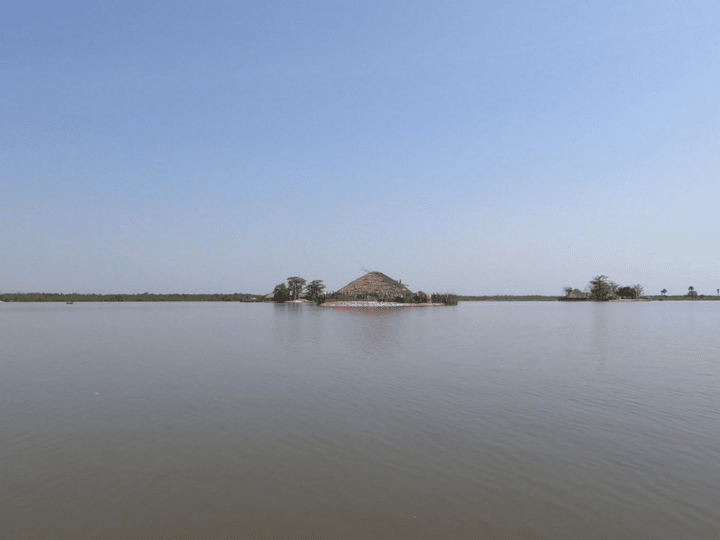
Surrounded by seawater, the houses of Djobel have become islands. Travelling from one house to another is only possible with small wooden boats. Source: Cláudia Santos.
In this blog, human rights and climate justice advocate John Hasan Yildiz links the experiences of Syrian refugees in Lebanon and decades of unsustainable waste management policy to pinpoint how power dynamics create and perpetuate exposure to air and water pollution. While recognising intersecting vulnerabilities, he also emphasises how marginalised groups can take the lead in building trust and solidarity, as well as pushing for environmental justice-based policy and practice. Read full blog here.
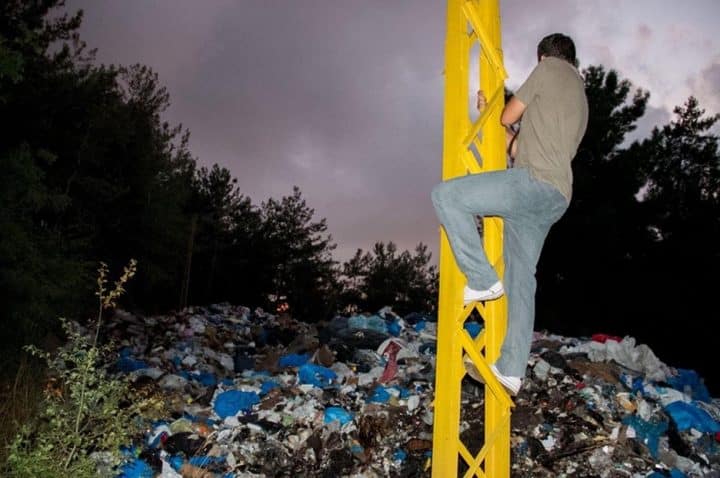
An activist climbs an electrical pole to take full view of the garbage secretly dumped in a forest just north of Beirut. Source: Hassan Chamoun.
In this blog, Gokul KS (PhD Candidate in International Relations at IIT Madras) attempts to discover the stories, memories, history and lived realities of the Tibetan exile community through capturing the images, music, light, colour and sound in the settlements of Dhondenling, Lugsum Samdupling and Rabgyeling. Throughout this eight-day fieldwork, the emotion that spaces of agricultural lands, settlements, cuisine, spiritual sites, and cultural identity evoke is traced. Read full blog here.
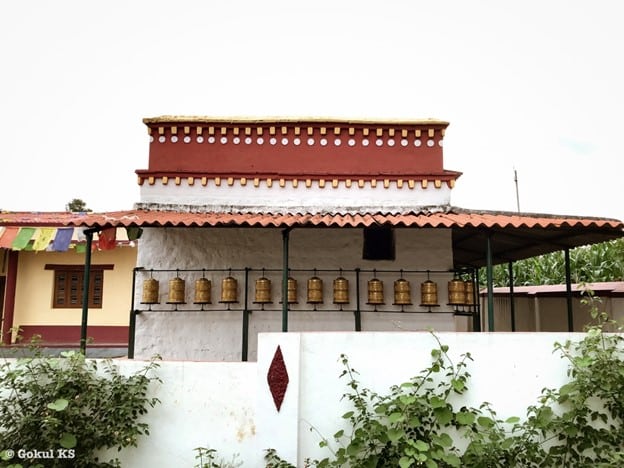
Colors, shades. Source: Gokul KS.
The DENx blog series is originally posted by CMI here and is republished with permission.
